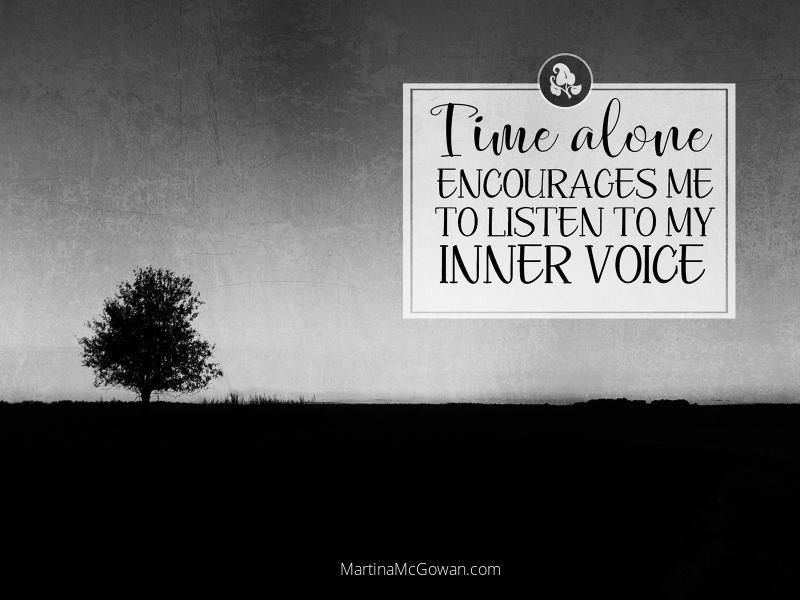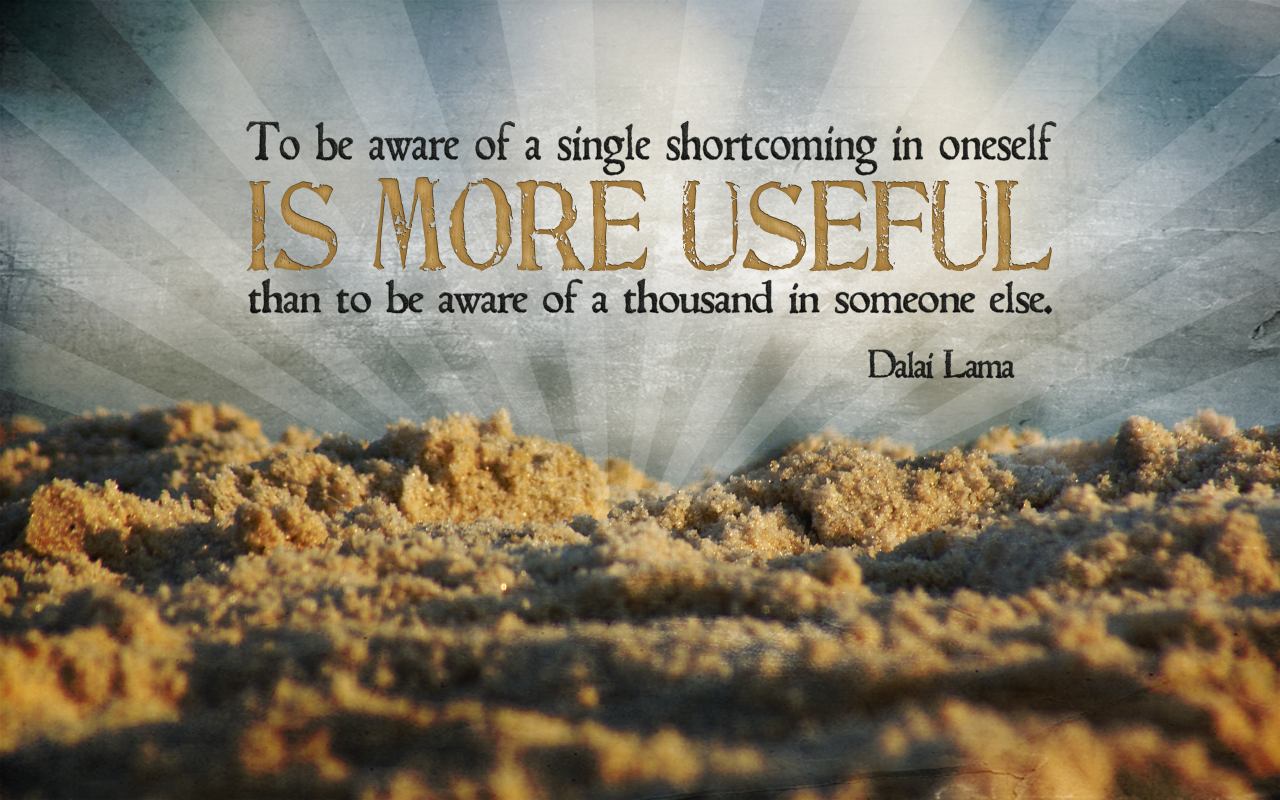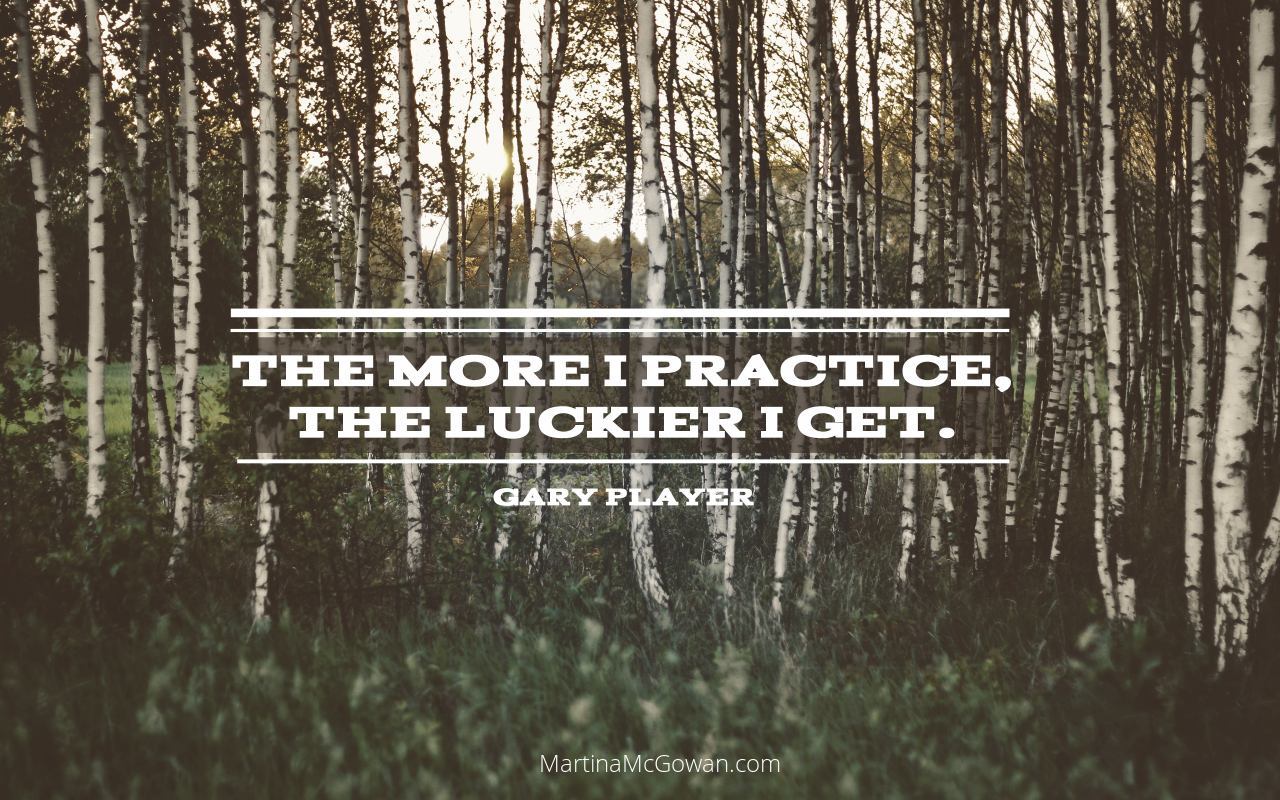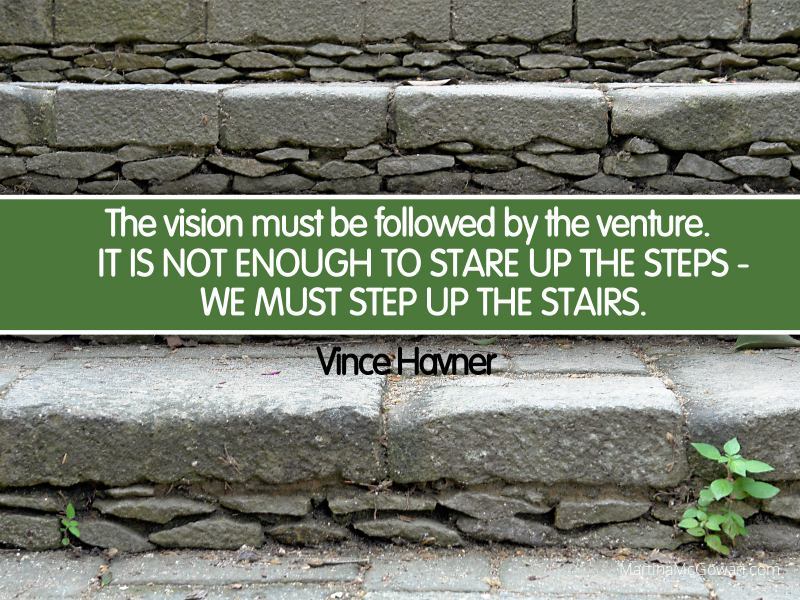One of the methods we have touched upon in the last few weeks to track our progress and start taking an active position in our lives has been to journal; the fine art of writing to yourself and thinking out loud.
Today I’d like to talk a little more about the real benefits of doing this activity. I have a few reasons for bringing this up now. The end of the year is fast approaching. For each of us, some significant things have happened in the past year(s) and we don’t want to completely forget about them. The holiday/family season is about to begin. There will be memories rekindled, old family stories to be told/retold/shared, and all else that goes with quality family time. We will want to preserve some of those things and think more deeply about others.
Some people find journaling appealing while others think it sounds like an incredibly boring activity. If you don’t currently write in a journal regularly, you may want to reconsider. There are many benefits to recording your thoughts, life, and aspirations daily.
Journaling can help our memory, improve our problem-solving ability, boost our achievements, and support our emotional and physical health.
Benefits to consider:
- A journal serves as a record of our lives. Have you ever thought back to your high school or college days and thought, “What was his/ her name?” Or have you ever wondered if a particular event happened in 1996 or 1997 or 1976? A journal is a useful way to record the significant events in our lives.
- A journal can be cathartic. When we get the tough stuff down on paper, whether it’s a difficult situation or a list of unpleasant tasks, we feel better. Journaling gives our emotional health a quick boost.
- We can view challenges in a new way. Things look different in our heads than they do on paper or on the computer screen. It’s a little less personal when we can view things from a distance. We will often find that many of our challenges aren’t as daunting as we first thought.
- We can see our progress. When we record our thoughts and our life events, they’re right there in front of us. It’s easy to see how much life is, or isn’t, progressing. Just looking back at our old entries can tell us a lot about ourselves. When we keep a journal, we quickly see our behavioral patterns and tendencies, for good or bad.
“Journaling is like whispering to one’s self and listening at the same time.”
Mina Murray
5. We will make progress. When we record the most important happenings for the day, we start to make new things happen. We are embarrassed or annoyed with ourselves if we keep recording the same old boring story each day. We will try new things just to have something interesting to write about.
6. We will achieve more. Studies have shown that just writing out our goals significantly increases the likelihood of achieving them and expanding them.
7. Journaling organizes our thoughts and improves our problem-solving abilities. We can clear away some of the clutter in our heads when we journal, and our subconscious can begin working on new solutions to a challenge.

8. Our memory will improve. If we reflect on life at the end of the day and record it, we are much more likely to remember it. It’s a great workout for our brains and an effective way to remember more of life’s activities and beauty.
9. We can leave them to our children. Depending on the types of things we choose to write about, we might want to leave our journals to our children or other family members.
10. Journaling can lead to improved health. There is a study out of the University of Auckland that showed that writing in a journal can lead to faster wound healing and minimize the symptoms of several ailments, including asthma and irritable bowel syndrome.
“Writing in a journal gives me a place to report, interpret, argue, reflect, save, question, predict, unload, praise, compare, cry, laugh, draw, paint, and remember.”
Luci Swindoll
Consider using pen and paper instead of a computer for your journal. While using a computer seems more convenient, physically writing with a pen or pencil engages our minds at a higher level. You will find that there is a lot of hype about what type of journal you may want to use, especially this time of year. Start plain and cheap. Grab some blank paper or a less-than-a-dollar composition notebook, and your favorite pen or pencil, and simply begin. You can sort out those other details later.
A journal is a great way to organize your thoughts and record your life. Try journaling for a full month and then make an evaluation. Decide for yourself if you want to continue, modify, or call it quits. In a future post, I’ll talk more about getting started.
Don’t let the minutiae of getting started stand in your way!! Grab some paper and start today.
Question: If you’ve never tried journaling, after reading about some of these benefits, would you consider giving it a try? Why or why not? Please share in the comments.
In a few weeks, we will talk more about using our own words as opportunities to know ourselves and explore life.
Links to Consider-
Dear Heart, The Season is Upon Us
6 Small Steps to Find Balance … Remember, there is a downloadable worksheet with this one.
If you find our blog helpful, please consider subscribing below.
Chat soon …
Martina
Photo by Shifa Sarguru on Unsplash





[…] Why journaling can be an important step […]